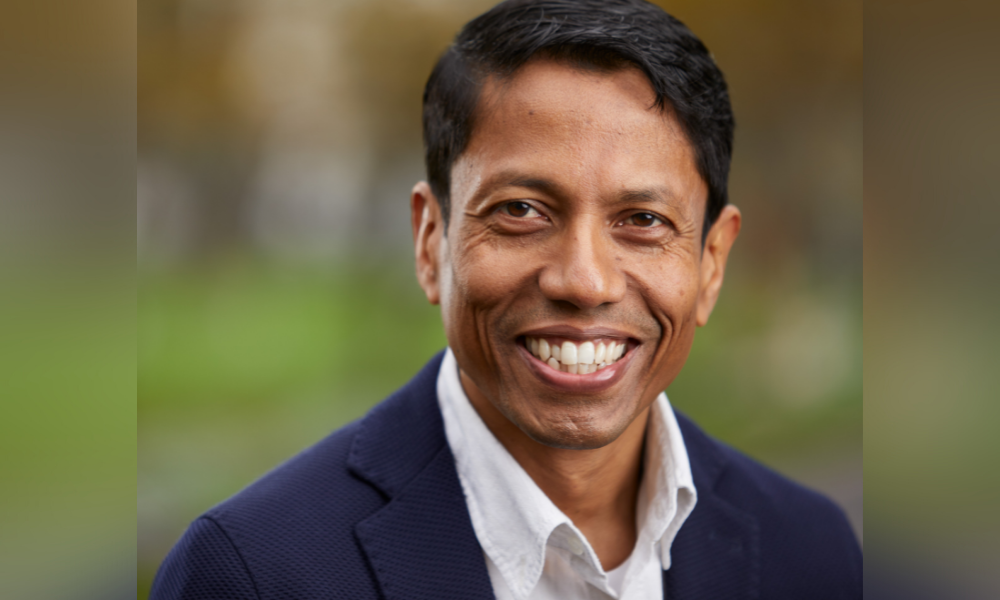
Ford Australia's VP HR reveals how the car manufacturer is driving ahead

What does the future of work look like? That’s the question on every HR leader’s mind. After experiencing such a dramatic shift to working from home during the height of the pandemic last year, it’s no wonder that organisations are searching for some sense of certainty.
While some initially thought 2020 was the most disruptive period in the last decade, 2021 is shaping up to be even more fast-moving. For most office-based businesses, a hybrid patten of work has emerged as employees look to hold onto the flexibility gains made in the last year. But will a blended approach of work and home remain in the long-term?
Speaking to HRD, Ford Australia's vice president of HR, Anoop Chaudhuri, said as a function, HR has a defining role in mapping out an organisation’s future of work.
“HR is one of the very few departments that can look at what is happening inside the company and look outside at what's happening in the world, as well as observe the way individuals and teams are working alongside one another,” he said.
“They have the opportunity to bring all of that together in a meaningful way to really define what does the future of work look like for us?”
Read more: Civica HRD on juggling employee and business needs as organisations go hybrid
As one of Australia’s biggest automotive employers, Ford has over 2,500 employees across its facilities and head office based in Victoria. Chaudhuri said the company is in no rush to bring staff back into the office at pre-Covid levels, but even once the pandemic is over, the way employees work will have evolved and changed.
Chaudhuri will join a host of other leading HR professionals to share his insight and experience at this year’s HR Summit Melbourne. Discussing the future of work, Chaudhuri will share his thoughts on the key role HR will continue to play in the wake of the pandemic, balancing the differing needs of employees, customers, the organisation, and the wider community.
“All those needs are different and some are even competing. But HR will need to bring critical stakeholders of the business together and carve a path ahead when in reality, that path doesn't exist. There is no rulebook or playbook, it’s now about the evolution of work.”
Chaudhuri said in designing its future of work, Ford will continue to be driven by a message that has always been at its core – caring for each other. Mechanisms like regular feedback surveys have helped the HR function to understand employee sentiment at any given time. Now, the focus of those surveys is on work preference to get a better understanding of how Ford Australia’s people want to work going forward, as well as creating a more meaningful experience of working together, whether in the office or on site.
Read more: Belonging and beyond: How to create great culture virtually
“If we're going to be in a physical building or an office, how do we make sure that work is purpose driven?” Chaudhuri said. “We’re not just turning up for the sake of turning up, but collaborating or solving a problem that perhaps is very challenging and cannot be done over a Zoom or a Webex.
“On the other hand, one of the challenges we've always faced is that in a very busy work or office environment people find it difficult to concentrate and do really deep thinking. Interestingly enough, when many of us have worked from home we’ve actually found that easier. So, I think there needs to be a balance of deep thinking and collaboration but it’s about working out what the ratio is.”
To hear from Chaudhuri and the rest of the speakers and panellists at this year’s HR Summit Melbourne, click here to register for your place. Check out the winners along with Anoop Chaudhuri for the best HR leaders in Australia in Hot List 2023 special report.